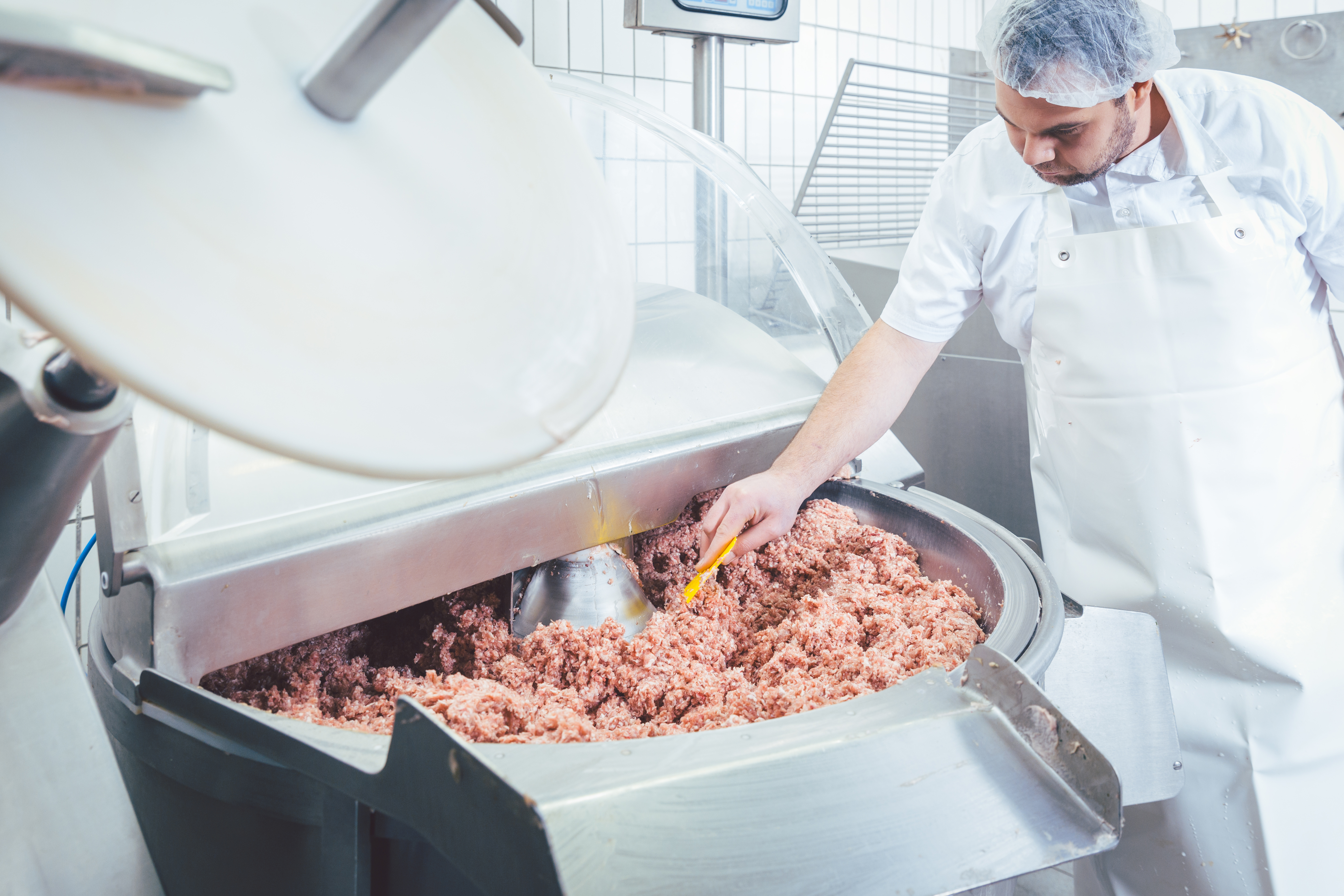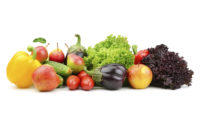Study: Chocolate milk outperforms sports drink in strength test among young athletes
Chocolate milk was shown to have a more positive effect on strength development – demonstrating that it is an appropriate post-exercise recovery drink for adolescents.

In what is said to be the first-ever field-based study of high school athletes recovering post workout, chocolate milk outperformed commercial sports drinks by a net strength difference of 6.7%. The study was performed in 2018, and was initiated by Dairy MAX, Grand Prairie, Texas.
The research, published in the 2019 Journal of the International Society of Sports Nutrition, showed that high school athletes drinking chocolate milk lifted 3.5% more than before while the adolescents drinking a commercial sports drink lifted 3.2% less than before.
“What we really noticed was that there was not a lot of research out there on adolescent recovery. Even though it's the largest group of sports participants in the country, nobody was really looking at that,” says Andy Cheshire, a co-author of the study and assistant professor at the Department of Kinesiology and Health Education at The University of Texas, Austin, Texas.
In 2018, The Department of Kinesiology and Health Education at the University of Texas studied 103 high school athletes, including a mix of varsity and junior varsity male and female athletes with an average age of 15. The students trained four times per week for five weeks, with both free weights and field agility drills. They were randomly placed into one of two groups—those who would drink chocolate milk as a recovery drink, and those who would drink a leading sports beverage instead.
Chocolate milk was shown to have a more positive effect on strength development – demonstrating that it is an appropriate post-exercise recovery drink for adolescents.
The carbohydrate-protein ratio in chocolate milk was also shown to be more beneficial than carbohydrate-only sports drinks in improving athlete performance as part of a strength and speed training at a high school level.
“While there has been a number of studies that show chocolate milk helps adults to recover following strenuous exercise and to improve strength in a lab setting, this study is the first to test the effectiveness of commercially-sold, readily-available chocolate milk to see if it can help adolescents to increase their strength as a part of their normal, summer training, which it did,” says John Bartholomew, co-author of the study and department chair of the Department of Kinesiology and Health Education at The University of Texas.
“Our dairy farm families are thrilled this research will provide more reasons to enjoy the natural goodness of dairy,” says Dr. Lana Frantzen, vice president of health and wellness at Dairy MAX.
Looking for a reprint of this article?
From high-res PDFs to custom plaques, order your copy today!






